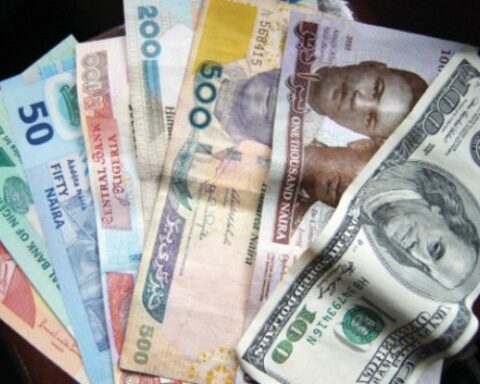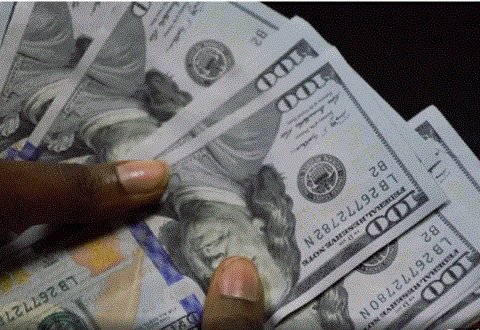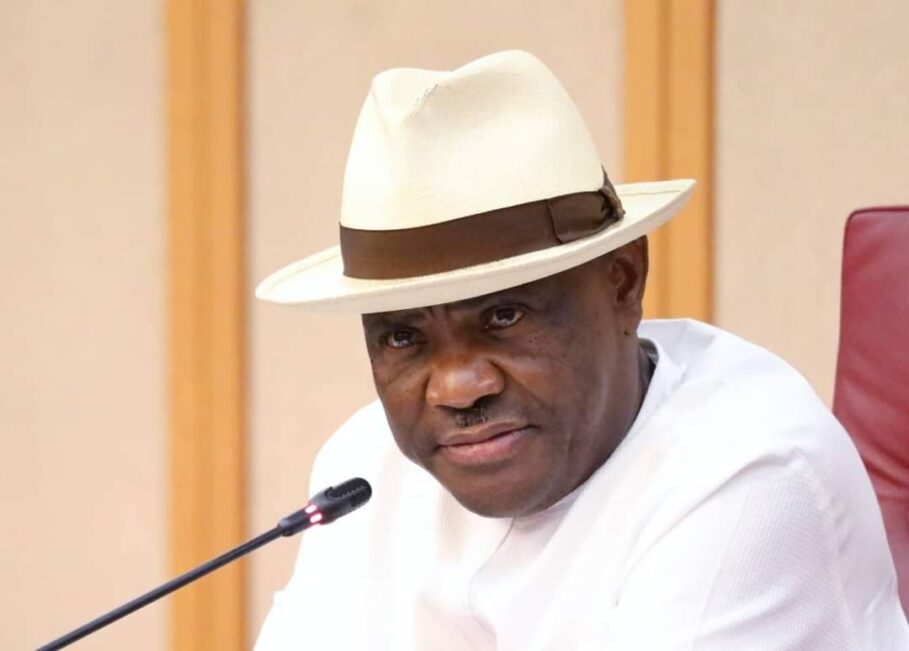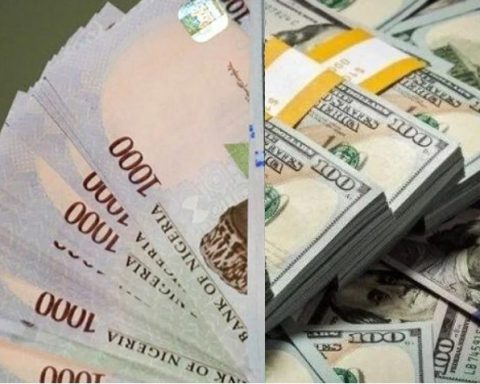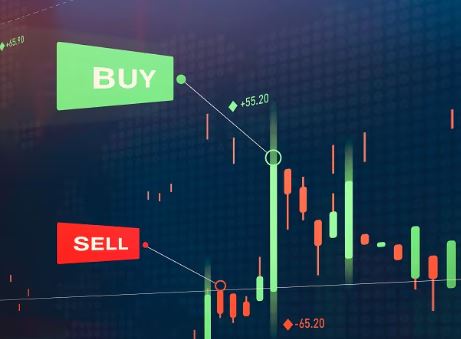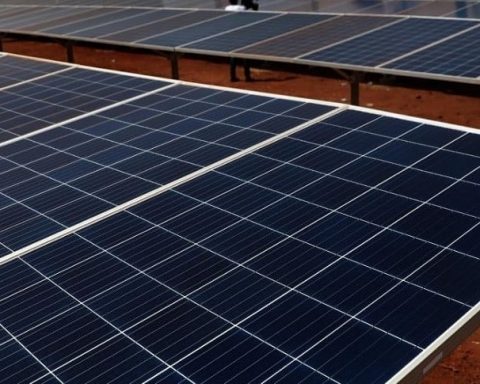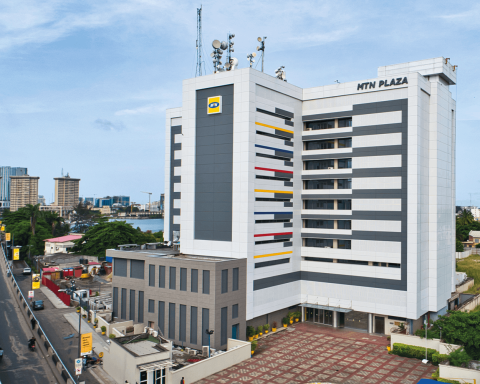Six days ago, the Central Bank of Nigeria (CBN) lifted the restriction placed on sales of foreign exchange to the Bureau De Change operators by the apex Bank’s suspended chief, Godwin Emefiele.
Since his suspension, the CBN’s acting governor, Fola Shonubi, has been dismantling the policies under Emefiele, with the latest being the ban on sales of forex to the BDC operators.
Join our WhatsApp ChannelThe decision to resume selling forex to the BDC operators has been met with mixed reactions, raising questions as to the purpose of restricting sales initially.
In this article, Prime Business Africa takes a look at reasons Emefiele banned authorised dealers or banks from selling forex to the BDCs and the impact it had on foreign exchange traders in the 25 months the ban was effective.
Why Emefiele restrict forex sales to BDCs?
Emefiele served as CBN’s governor for nine years. During his tenure, he banned sales to BDCs twice due to the exchange rate gap between the official and black market.
In 2016, he restricted sales for one year. After the exchange rate in the official and black market went N197/N230 per dollar to settle above N500, Emefiele ended the ban in 2017.
Also, in 2021, Emefiele reintroduced the restriction, citing the need to stabilise the exchange rates, as he accused the BDC of dollarising the economy and funding illicit businesses or individuals looking to evade the regulated financial system.
Emefiele also claimed that the BDCs are greedy, inflating the rate in the black market to profit from the subsidised forex sold to them by the central bank.
Consequently, he suspended the usual sale of $20,000 to over 5,500 BDCs weekly, forcing the black market operators to source their forex from the open market without assistance from the CBN.
Speculators gain big from the forex ban on BDCs
Just as the restriction backfired between 2016 and 2017, the decision was also fruitless for the CBN between 2021 and 2023, as dollar speculators were the gainers of Emefiele’s decision.
Speculators in the official market saw a return of 79.64 per cent for every dollar hoarded, while in the black market, Prime Business Africa analysis indicates a 64.93 per cent gain.
To put it in proper perspective, for every $100 bill hoarded, the hoarder made over N32,000 gain each in the official market and the black market within the period of the last restriction.
In comparison to the Nigerian stock market during the review period, dollar speculators gained 80 per cent, while the All Share Index of the Nigerian Exchange Limited (NGX) posted 67 per cent.
Hoarding the dollar was also more profitable compared to investors holding Bitcoin, as PBA gathered BTC holders suffered a 36 per cent decline within the two-year timeframe.
This also indicates that the CBN failed to stabilise the exchange rate, especially in the official market, as the naira’s depreciation was more felt in the CBN-controlled forex market than the parallel window.
Prior to the ban, the naira to dollar rate was trading at N411.65/$1 in the official market but within two years, the exchange rate hovered above N739.52/$1 before the restriction was lifted.
Similarly, in the black market, the naira weakened to N832.9/$1 last week Friday, compared to the N505/$1 rate offered before the ban was announced.
What analyst is saying about the ban and lifting of the restriction
Research Analyst at Cowry Asset Management Limited, Charles Abuede, said forex racketeering amid the persisting gap between both forex markets is one of the motivating factors for lifting the ban on the BDC.
He also cited currency destabilization as another reason for ending the suspension, stating, “Over the span between the suspension and August 18, 2023, the Nigerian naira encountered considerable pressures, experiencing an unprecedented 79.64% devaluation against the dollar at the Investors and Exporters (I&E) window. This depreciation extended to 68.7% in the parallel market, prompting ripple effects across market segments.
“Consequently, Nigerian businesses turned to the open market due to perceived complexities in commercial banks’ processes, exacerbating inflation growth and depleting foreign exchange reserves.”
Abuede went on to state that the decision to lift the ban was met with mixed reactions among the market participants, “Accompanied by stringent regulatory directives aimed at ensuring transparency and thwarting illicit activities, the decision was met with an immediate market response. Notably, the naira experienced a near 3% depreciation at the I&E window, settling at N761.32/$1, alongside a parallel market drop to N860/$1 on August 21, 2023.
“In my view, the central bank’s strategy hinges on maintaining a narrow spread between BDC buying and selling rates to stabilize the forex market; however, concerns linger about the potential upward pressure on the naira due to heightened BDC demand amid the prevailing economic fragility. Additionally, the resurgence of speculative activities and the risk of unfair practices within the BDC segment remain valid concerns.
“Amid this intricate landscape, the path ahead remains uncertain, characterized by a delicate balance between regulatory measures and market dynamics. The success of the CBN’s endeavor lies in its ability to navigate these complexities and effectively steer the Nigerian financial ecosystem toward stability,” the Cowry Asset analyst said.



